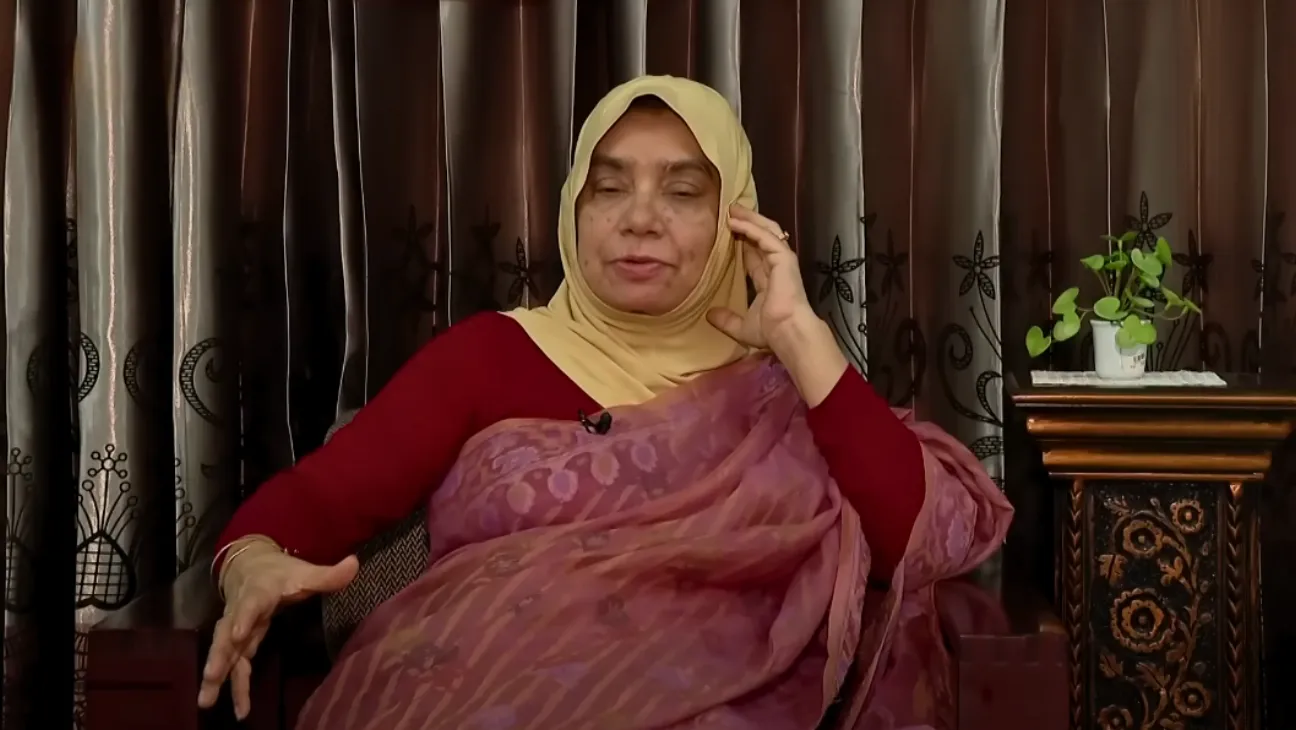Political debates are heating up ahead of Bangladesh’s expected 2025 election, with opposition voices calling for a February timeline and experts scrutinizing the Election Commission’s preparedness and women’s representation in parliament.
Nationally televised discussions this week featured comments from BNP leaders and input from Jesmin Tuli, former additional secretary of the Election Commission and member of the election reform body.
BNP Pushes for Early Timeline and Neutral Oversight
BNP standing committee members Salahuddin Ahmed and Amir Khasru Mahmud Chowdhury demanded the Election Commission announce a date soon. The public expects polls before Ramadan, Chowdhury said, citing a London meeting with interim adviser Dr. Muhammad Yunus.
Ishraq Hossain urged the government to maintain neutrality and peacefully hand over local government positions, including mayoral seats.
Is February Still Viable?
The government has floated December, April, June and now February. The Election Commission has not confirmed a date, though it has indicated it will wait until reforms on voter lists, constituency boundaries and electoral laws are complete.
Tuli cautioned directly setting a month may be premature without final reforms. She said, “There’s still time to do it properly.”
She emphasized the importance of fair competition, calling for updated voter lists and a clear legal framework.
Trust in the Election Commission Under Debate
Public confidence in the EC is mixed. Critics argue the Commission needs to demonstrate neutrality, citing unacted court directives. BNP activists have staged protests at its office.
Tuli noted no polls have taken place under the current body yet. She said its execution of boundary changes and voter list accuracy will be key tests.
Women’s Reserved Seats Under Review
Parliament currently reserves 50 seats for women, allocated via party nominations. Critics say the process favors loyalty over merit.
A reform proposal would expand parliament by 100 seats, directly elected only by women but voted on by all citizens, without reducing men’s seats. This aims to develop grassroots female leadership.
Tuli argued direct contests would foster women gaining visibility, confidence and voter connections.
The Challenge of Reform and Scheduling
Bangladesh lacks a formal electoral calendar. Dates are usually set just weeks in advance, adding uncertainty.
Tuli believes establishing routine timelines would ease tensions. “The Commission needs clear routines, strong communication, and cooperation with political parties and government agencies.”
She asked readers: will parties respect the rules? Will polls be fair? Will women leaders emerge through direct competition?
These questions are central to whether the next election strengthens democracy — or deepens division.









